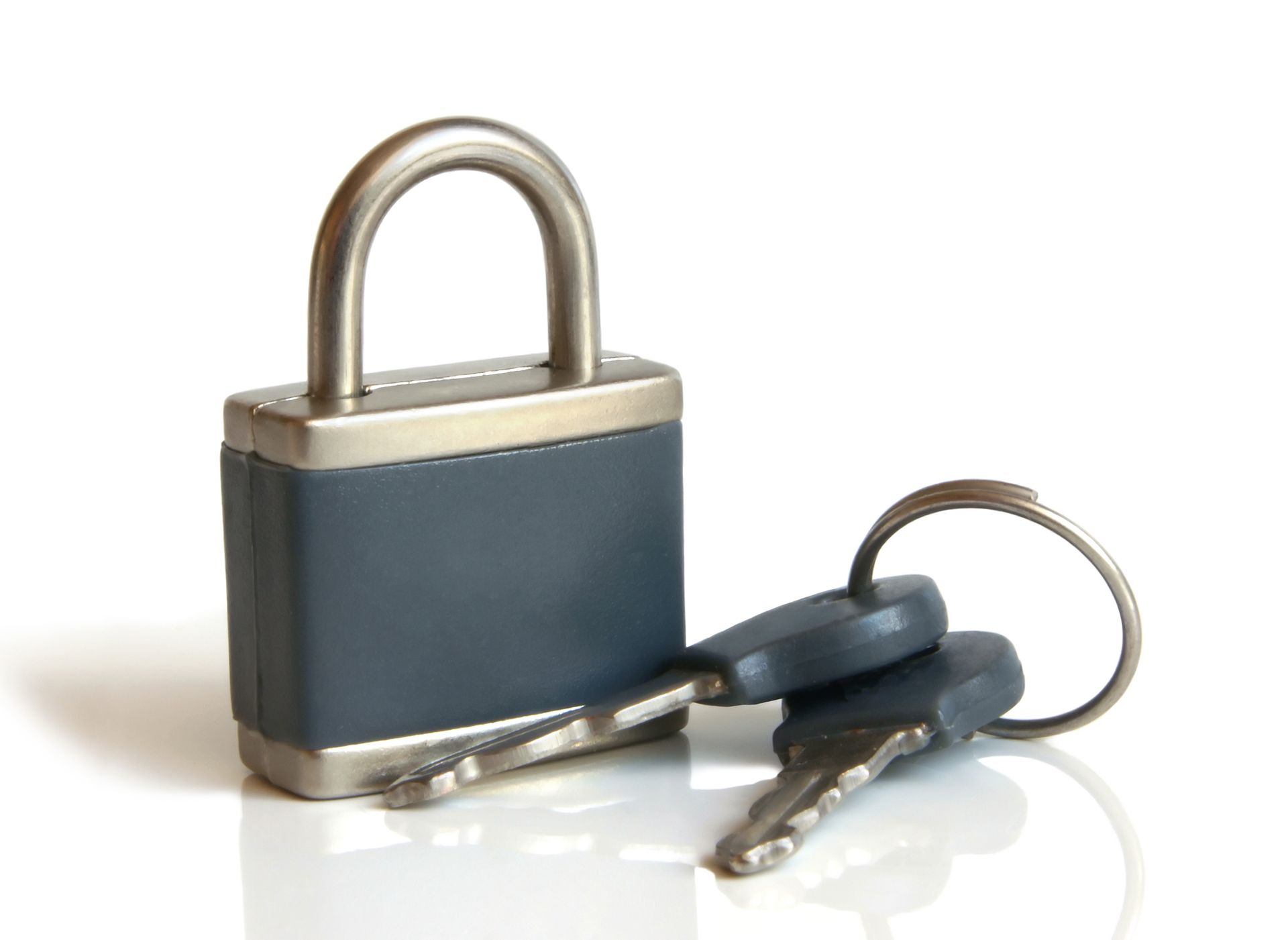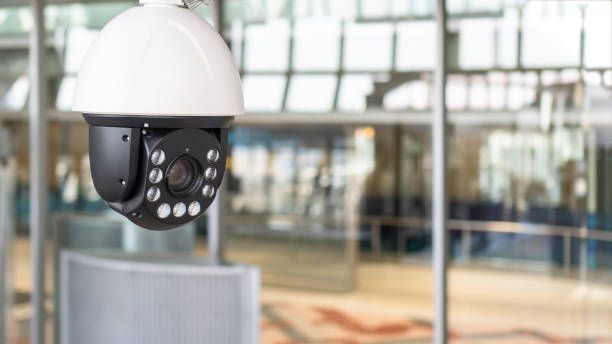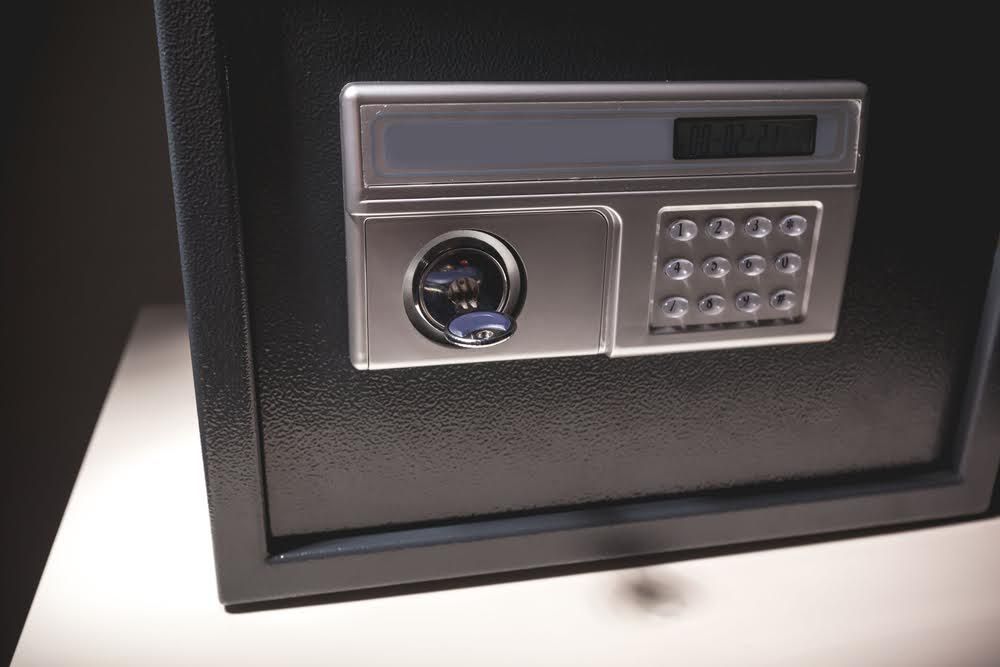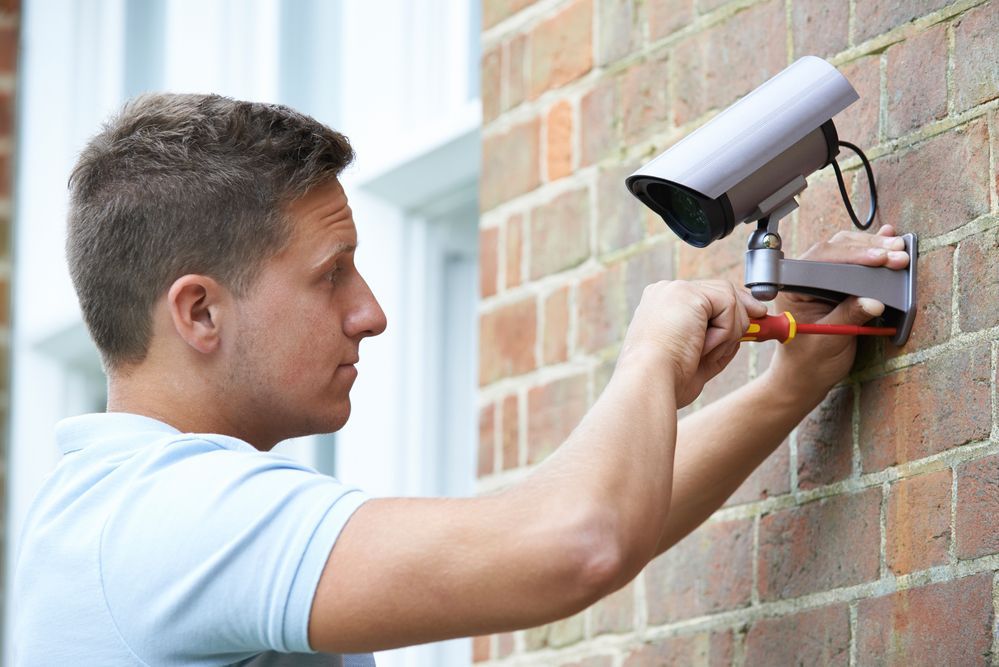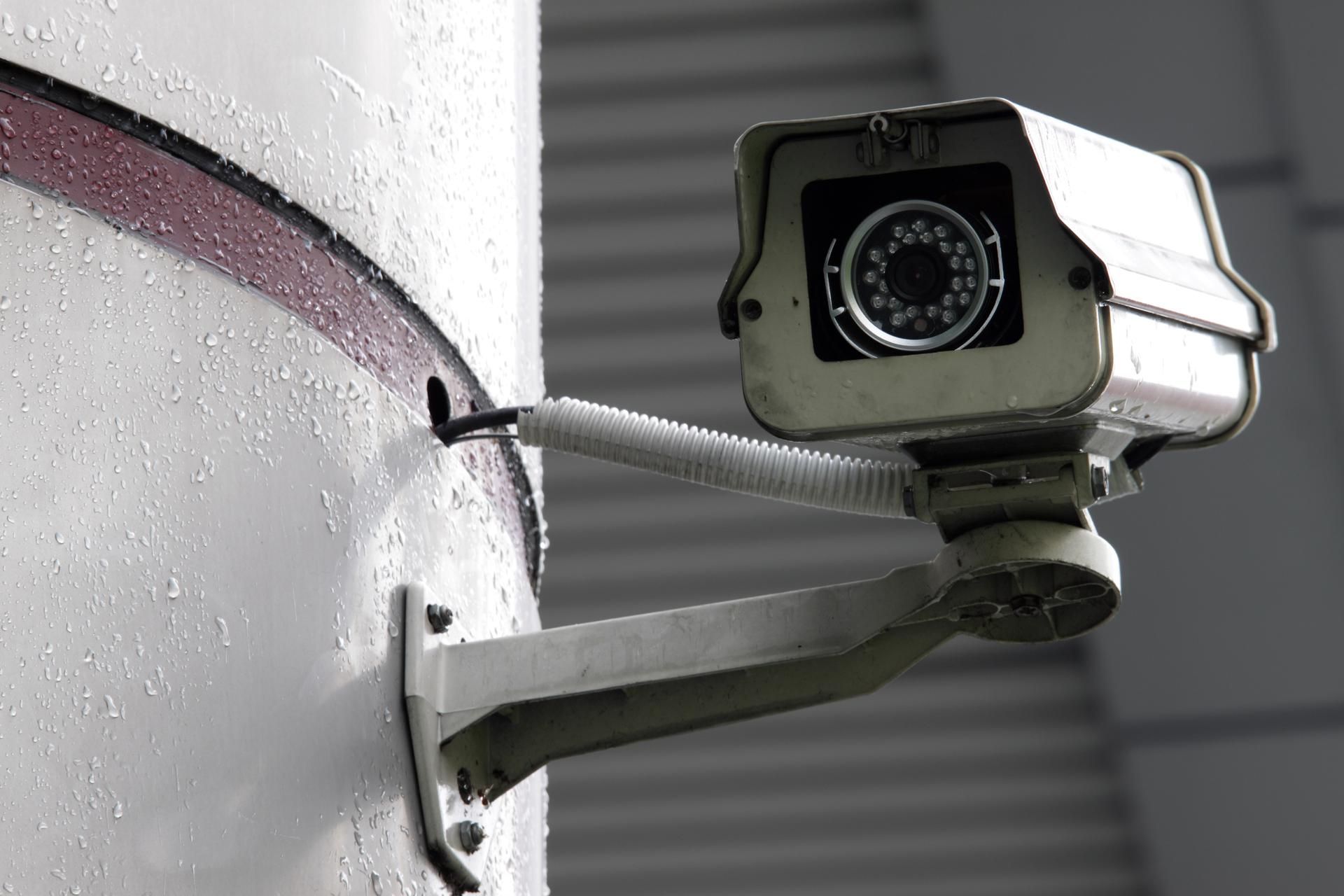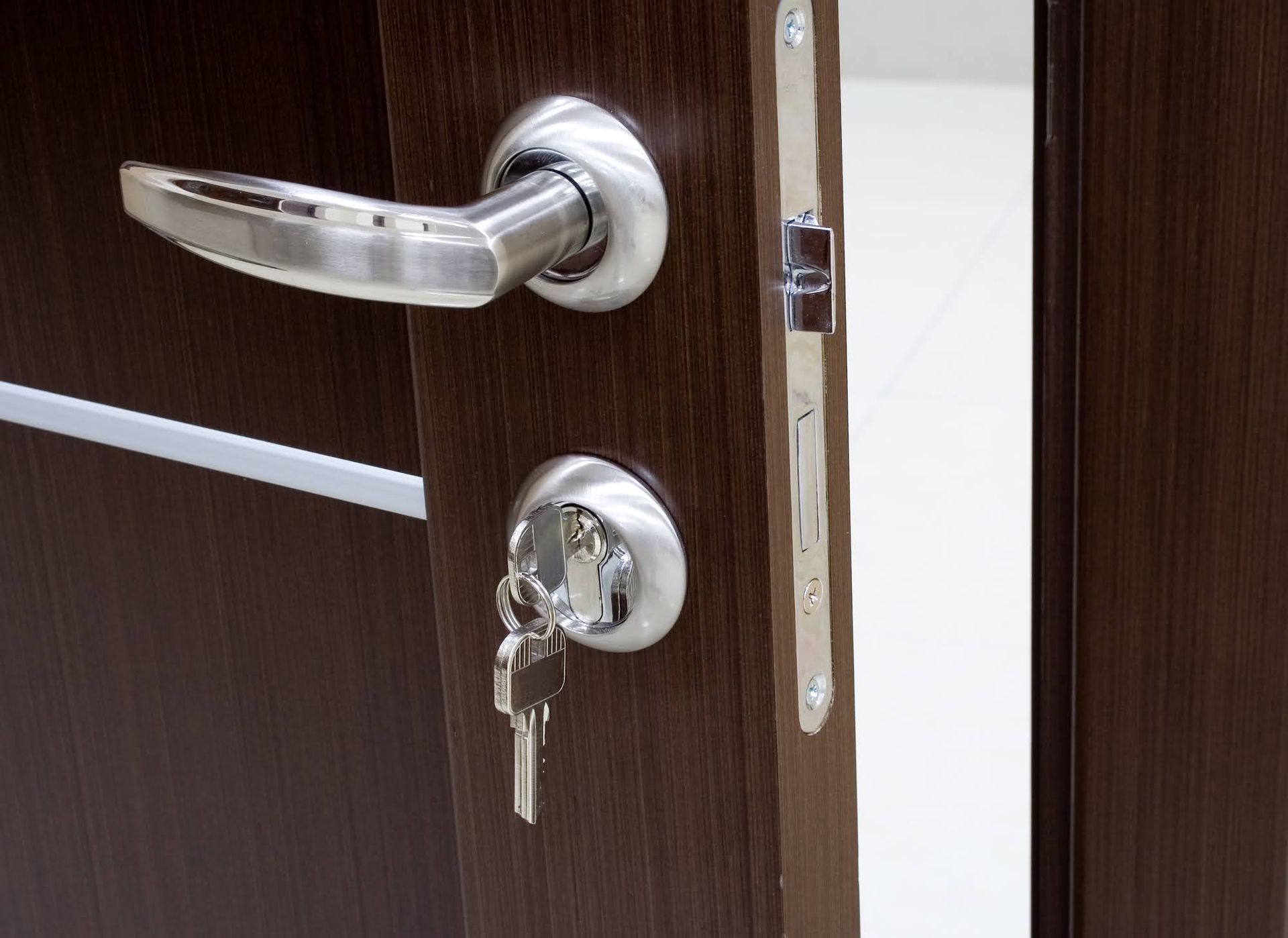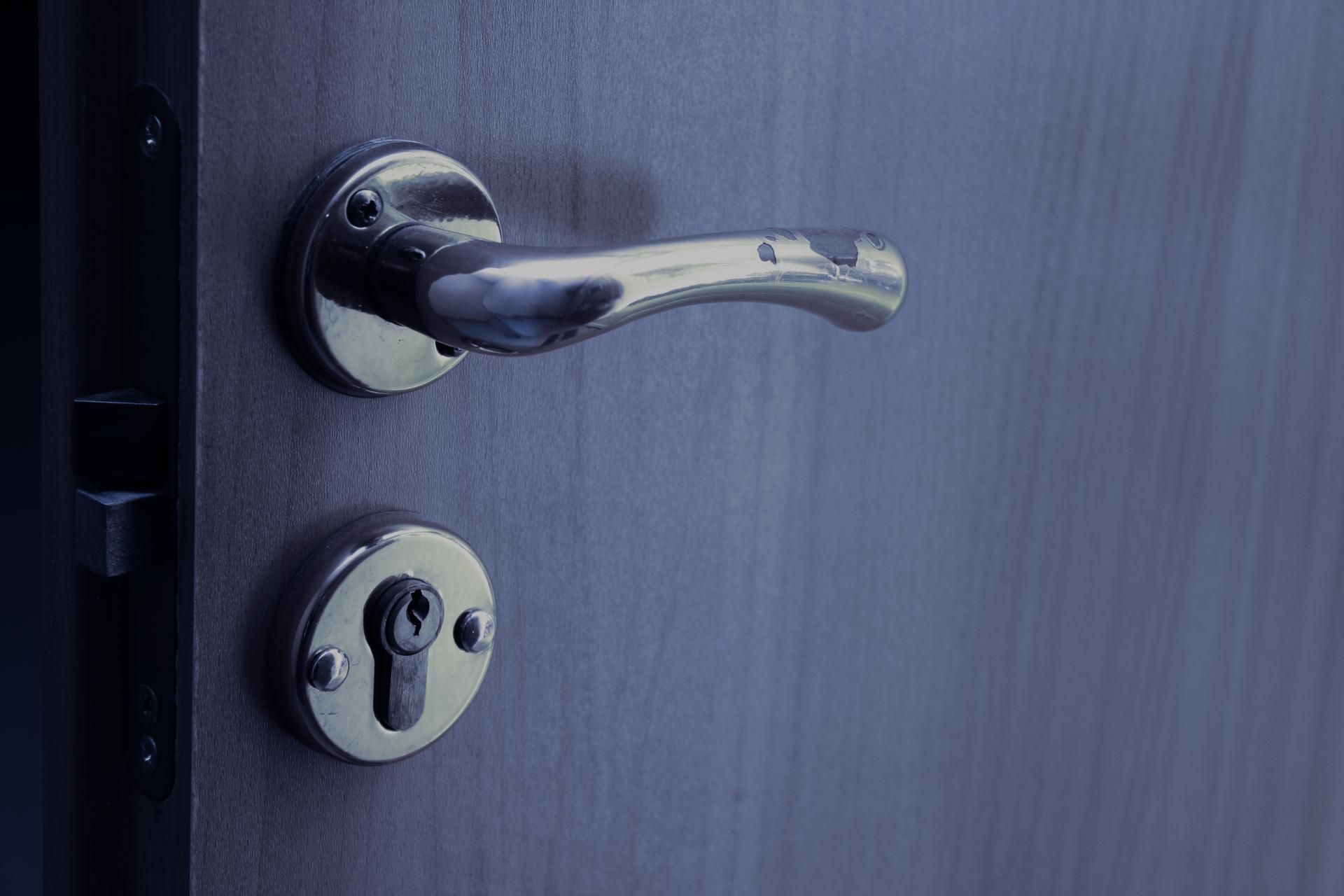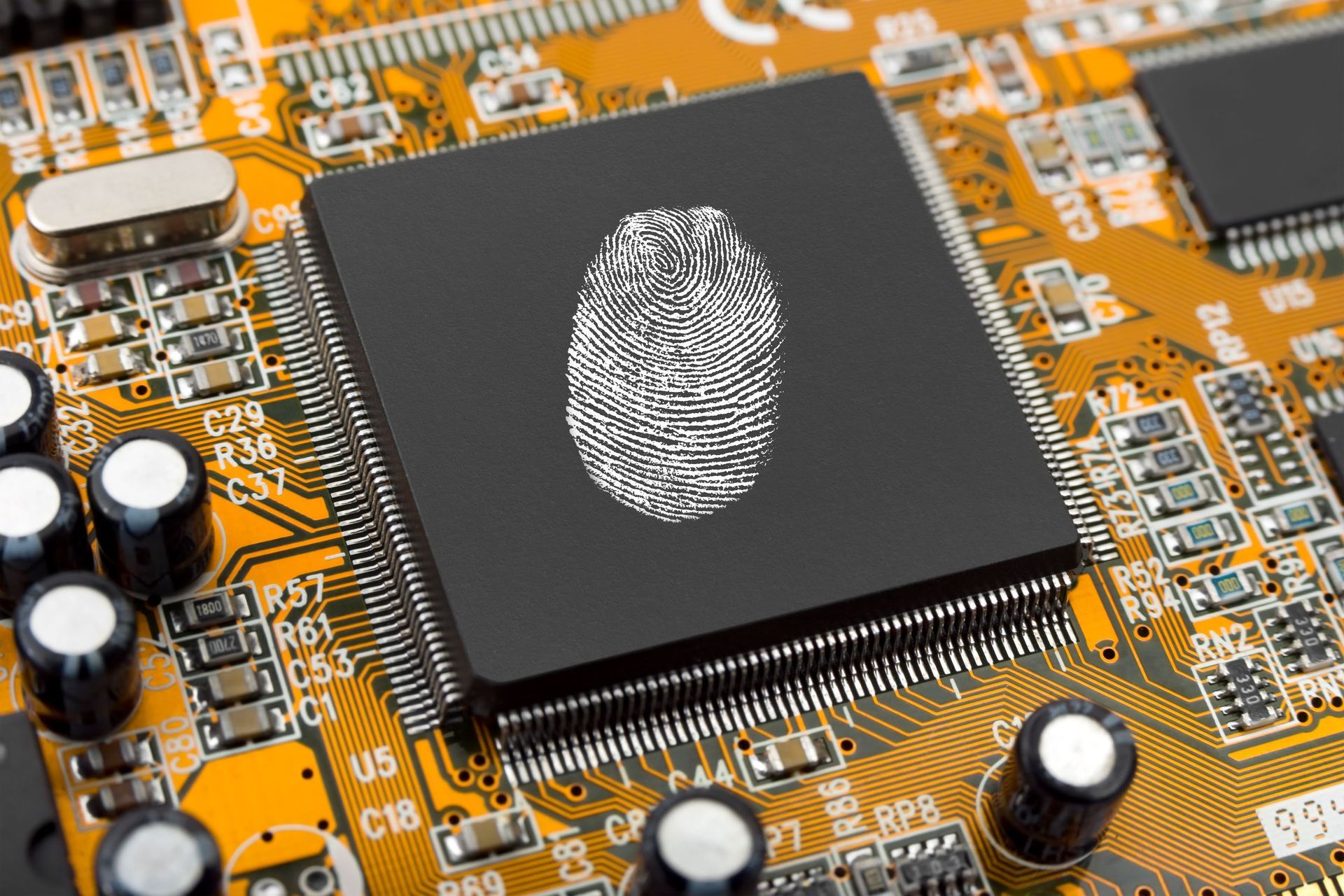CALL US NOW! 713-643-5767
Se Habla Espanol
How Do Fingerprint Scanners Work?
Dixie Safe & Lock Service Inc. • August 30, 2018
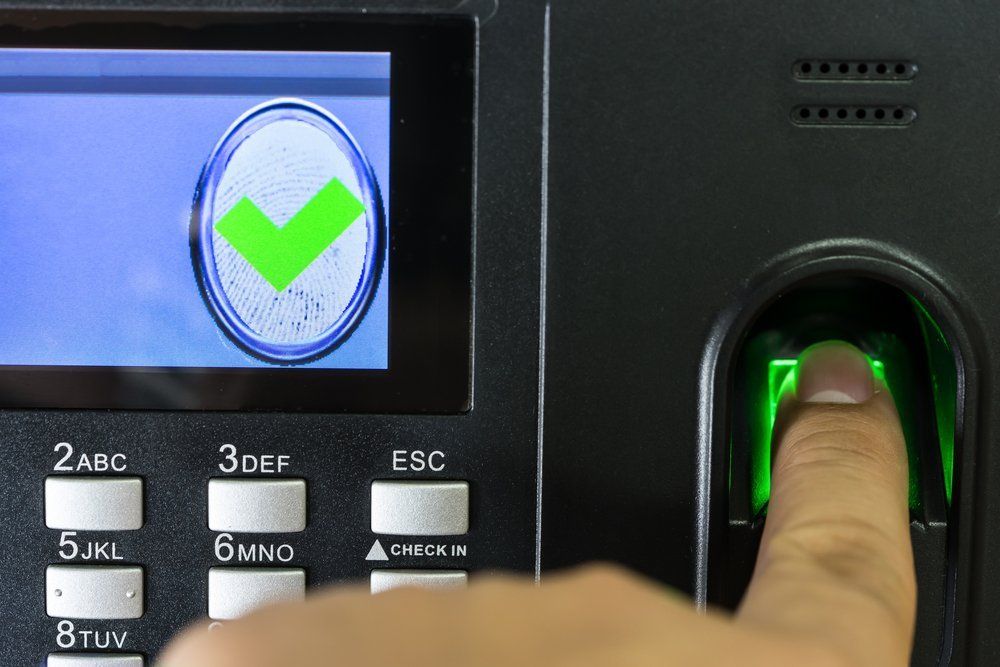
If you have ever watched a sci-fi or spy thriller, you have probably seen someone place their hand or thumb on a scanner to unlock a door. While this may seem like futuristic technology, fingerprint, or biometric, scanners are more common and practical than you might imagine. In fact, they are used to secure everything from buildings to vehicles to smartphones.
But have you ever wondered how fingerprints are scanned, or how security systems use the information to lock and unlock doors? Here is a brief overview of how fingerprint scanners work and why they could potentially be more secure than traditional locks.
What Are Fingerprint Scanners?
Fingerprint scanners are electronic devices that capture the unique ridges and patterns on a person’s finger and use the information like a key. Once captured, it is processed and compared with other fingerprints on file using minutiae or pattern matching software. If a match is found, the user’s identity is verified and they are granted access to whatever is being secured.
Types of Fingerprint Scanners
There are four commonly used types of scanners, each with a different method for capturing fingerprints. These include:
- Optical sensors – These are the most common variety. They essentially create a digital photocopy of your fingerprint using a light-sensitive scanner. While they are usually more affordable, they are easier to manipulate and are more susceptible to error.
- Capacitive sensors – These scanners function similarly to optical sensors, except they use electricity to capture the fingerprint rather than light. They are more difficult to fool than optical and are more expensive.
- Ultrasonic sensors – These scanners use high-frequency sound waves to determine the shape of the ridges and patterns of the fingerprint and create a 3D image. They are considered much more accurate than other varieties.
- Thermal readers – These types use the different thermal temperatures produced by the valleys and ridges on a fingertip to create a map. One of the primary disadvantages of this type, however, is that it requires a controlled temperature to work properly.
Why Fingerprints?
Fingerprints can be used as built-in identification cards because they are unique to each individual – it is estimated that the chances of two people sharing a fingerprint is about one in 64 million. Even identical twins do not share the exact same fingerprint.
This is because of fingerprint minutiae – the unique pattern of ridges and valleys on each finger. All combinations of minutiae are used when classifying and comparing fingerprints. Frequently captured minutiae
include:
- Ridge endings – Where ridge lines abruptly end
- Bifurcations – A ridge that divides into two
- Islands – Single small ridges inside a short ridge
- Deltas – Y-shaped ridge meetings
- Cores – U-turn ridge patterns
How Fingerprints Are Used in Security Sytems
How security systems interpret minutiae is much more complex than simply comparing two images and spotting the differences. In fact, many scanners do not even use the entire fingerprint. Rather, only several major features on the finger pad are analyzed and used for matching.
For example, two fingerprints with the same number of ridge endings in similar positions that form the same dimensions could potentially be a match. Once the combination of features is scanned, it is converted into a numeric template to be compared with the others in fractions of a second using complex algorithms.
Advantages of Fingerprint Scanners Vs. Regular Locks
It is fair to wonder whether these high-tech gizmos are truly more effective than tried-and-true pin locks. In many cases, it boils down to your personal preference. Some of the reasons people choose to employ fingerprint scanners include:
- Quick and easy access – no fumbling with keys
- Cannot be picked or hacked like other locks
- No passwords/keys that can be stolen or lost
- Fingerprints cannot be easily duplicated or faked
There are reasons people stick with a high-security deadbolt. Primarily, some scanners, especially cheaply crafted products, are not always reliable. If there are errors, resolving them will be more difficult than getting a new key made. Or, you may not want your security dependent on software that is still relatively new.
Boost Your Security With Biometric and Other Electronic Locks in Houston
If you are looking to upgrade your home or business’s security to a biometric or other high-tech electronic lock, look no further than the security and locksmith experts at Dixie Safe & Lock Service Inc. We offer a wide selection of affordable electronic security devices
– including biometric equipment – that can be integrated into existing security systems.
Call (713) 643-5767
or visit us online
to receive a quote today!
| Number | First Name | Last Name | Email Address |
|---|---|---|---|
| 1 | Anne | Evans | anne.evans@mail.com |
| 2 | Bill | Fernandez | bill.fernandez@mail.com |
| 3 | Candice | Gates | candice.gates@mail.com |
| 4 | Dave | Hill | dave.hill@mail.com |
-

Slide title
We had a great experience with Dixie Electronic! They arrived within 20 minutes and took care of the job promptly. Their employees are skillful and friendly. Overall, we recommend these guys.
– Carrie M.
READ MORE! -

Slide title
The service provided by this company was amazing. The guys who did the job were very professional and polite. These guys have earned my future business, would really thank you for helping me out in such a situation when I lost my car’s key.
– Karen K.
READ MORE!
CONTACT INFORMATION
7920 Gulf Freeway Houston, TX 77017
LIC #B02418
OUR LOCATION
Content, including images, displayed on this website is protected by copyright laws. Downloading, republication, retransmission or reproduction of content on this website is strictly prohibited. Terms of Use
| Privacy Policy


